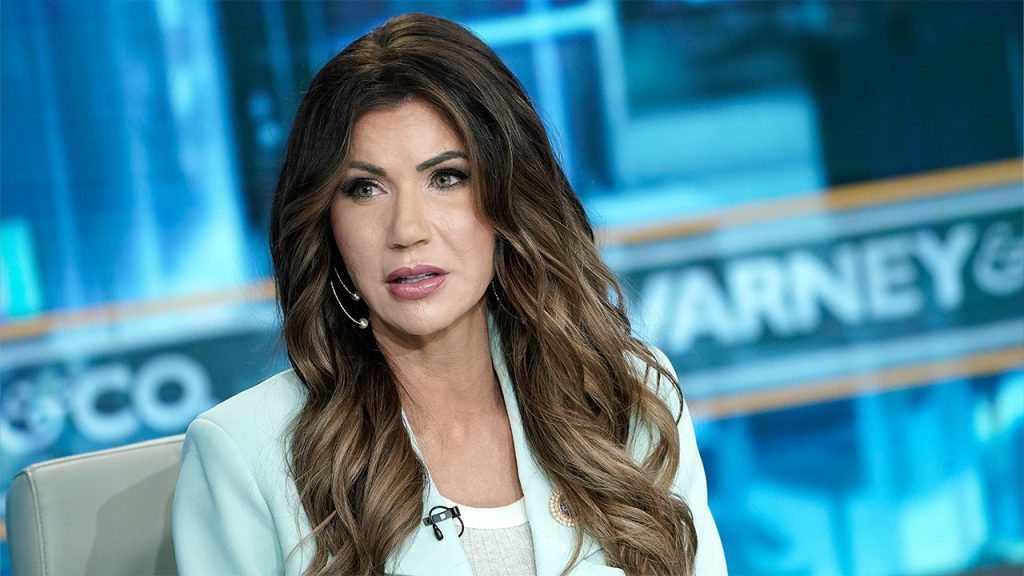Abigail Disney, heiress to the Disney fortune, recently criticized South Dakota Governor Kristi Noem for her account of shooting her ranch dog in her book “No Going Back.” Disney evoked the classic Disney movie, Old Yeller, to highlight the tragedy of killing a family pet, contrasting it with Noem’s decision to shoot her dog after it attacked a neighbor’s chickens. Disney argued that Noem’s actions reflect a larger story of lack of empathy and compassion in the political landscape, warning voters to oppose politicians who glorify cruelty and lack basic empathy.
Noem has defended her actions, framing the killing of the dog as a tough decision she had to make to protect her children and livestock. She described the dog as vicious and dangerous, saying that she had no choice but to shoot it. She pushed back against criticism, stating that many politicians avoid tough decisions and hide from the truth. Noem expressed pride in her book and dismissed attacks as attempts to undermine her, claiming that she has widespread support and has only focused on winning.
Disney criticized Noem’s actions, contrasting the compassionate killing of Old Yeller out of necessity with the shooting of the puppy because it was deemed too hard to teach. Disney argued that Noem’s choice to kill the dog reflected cruelty and selfishness rather than strength, as Noem had framed it. She called on Noem to show true courage by standing up to various issues such as the January 6 insurrectionists, billionaires not paying their fair share of taxes, abortion rights, and gun control, instead of celebrating and supporting controversial actions.
The debate between Disney and Noem highlights larger themes of empathy, compassion, and political integrity in the context of the upcoming 2024 election. Disney warned voters to be wary of politicians who lack these qualities and who may glorify cruelty in their decision-making. Noem’s staunch defense of her actions and portrayal of herself as a strong leader stand in contrast to Disney’s portrayal of her as cruel and selfish. The controversy surrounding Noem’s actions and Disney’s response shed light on the complex moral and ethical considerations that can arise in political discourse.
The Progressive Change Campaign Committee, which released Disney’s statement, has been vocal in highlighting issues related to empathy and compassion in politics. By calling out Noem’s actions and framing them within a broader narrative of political leadership, Disney and the PCCC aim to engage voters in critical discussions about the values and principles that should guide decision-making at all levels of government. The clash between Disney and Noem underscores the importance of moral integrity and the treatment of animals in the political sphere, raising important questions about the ethical responsibilities of leaders.
As the debate continues, it remains to be seen how voters will respond to the contrasting perspectives of Disney and Noem. The narrative surrounding the shooting of the ranch dog and the subsequent reactions from both sides offer a glimpse into the complexities of political leadership and the ethical considerations that come into play. By evoking the emotional resonance of Old Yeller and drawing parallels to contemporary political decisions, Disney and Noem have sparked a conversation about compassion, empathy, and the responsibilities of leaders in shaping a more humane society.


